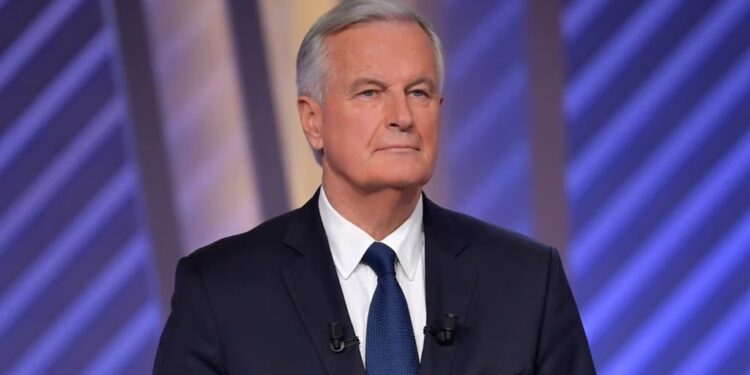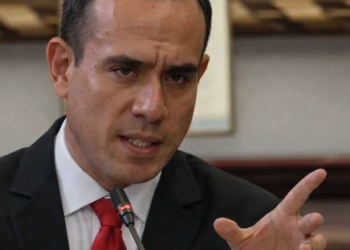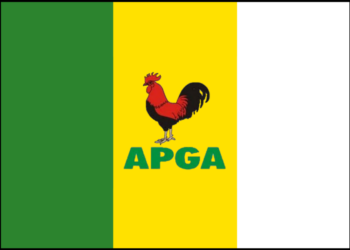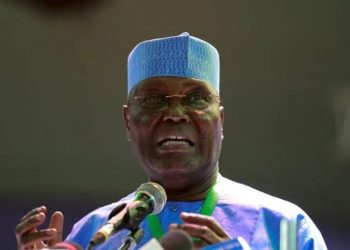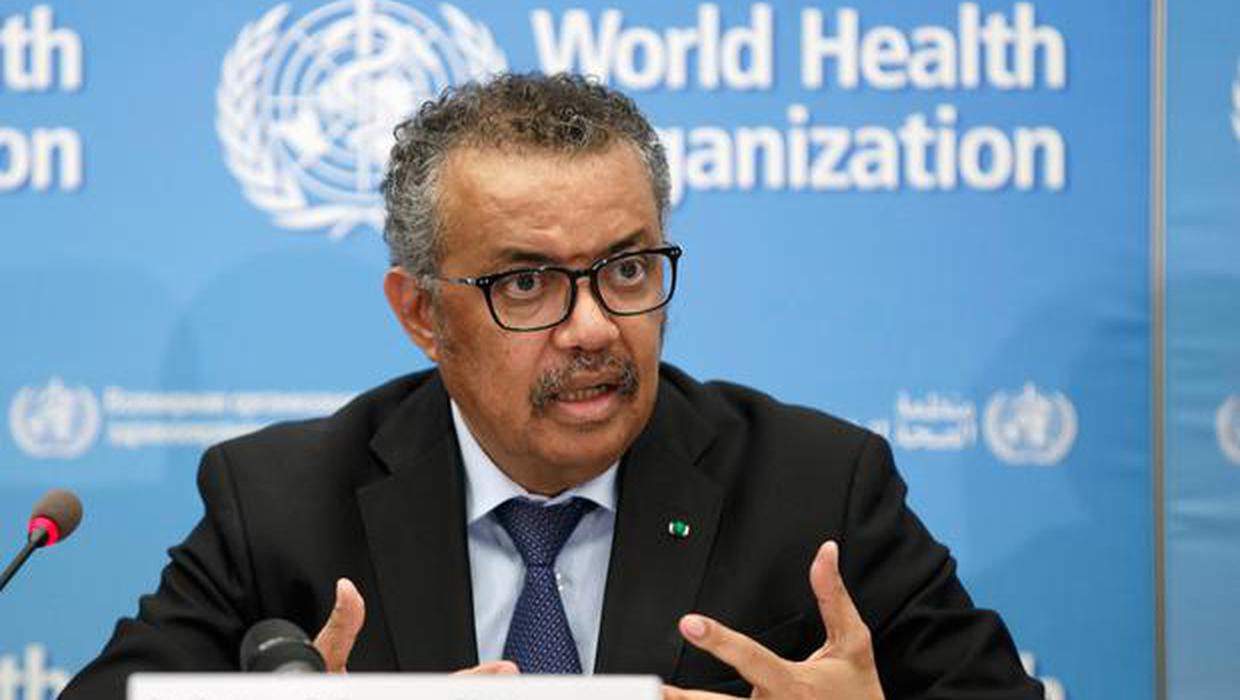After nearly two months of political uncertainty following a snap election that resulted in a hung parliament, French President Emmanuel Macron has appointed Michel Barnier as the new prime minister.
Who Is Michel Barnier?
Michel Barnier, 73, is widely known as the European Union’s former chief Brexit negotiator, a role that earned him the moniker “Monsieur Brexit” in France. With a distinguished political career spanning decades, Barnier is a member of the right-wing Republicans (LR) party.
He has held multiple senior positions both within France and across the European Union, making him one of France’s most seasoned politicians.
Three years ago, Barnier sought to become the LR party’s presidential candidate but was unsuccessful in his bid. Notably, his platform included proposals to limit and control immigration.
Barnier Replaces Gabriel Attal
Barnier will succeed Gabriel Attal, France’s youngest-ever prime minister, appointed by Macron earlier in 2024. Attal has been serving as caretaker since July, after the snap elections failed to produce a clear parliamentary majority.
While Barnier brings a wealth of political experience, he faces a significant challenge: forming a stable government in a National Assembly that is deeply divided into three major blocs, none of which hold a majority.
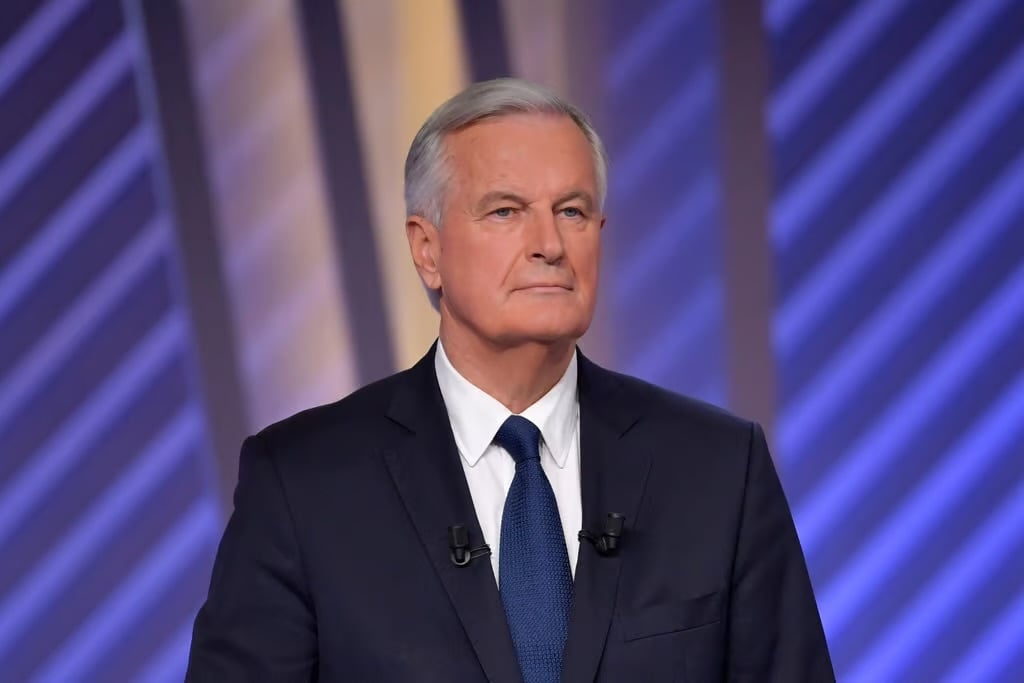
Political Challenges Ahead
Barnier’s appointment comes amid a turbulent political landscape in France. The left-wing Socialists have already signaled plans to challenge Barnier’s appointment with a vote of confidence, reflecting the fractured nature of the current National Assembly.
President Macron, whose centrists came second in the snap election to the left-wing New Popular Front, has faced criticism for the political deadlock. Traditionally, the president’s party forms the government, as presidential and parliamentary elections are held weeks apart. However, Macron disrupted this pattern by calling snap elections in June, complicating the process of government formation.
Why Barnier?
Macron’s decision to appoint Barnier was influenced by the need to find a candidate capable of surviving an initial censure vote in the National Assembly. The Elysée Palace emphasized that Barnier’s appointment was intended to bring stability and unity to the government, which is crucial given the current political environment.
Barnier has been tasked with forming a government that can serve the interests of the country and the French people. His ability to navigate the fractured parliament and gain support will be critical to his success in this role.
Immediate Priorities
One of Barnier’s immediate challenges is to present France’s 2025 budget to the National Assembly. He has until 1 October to submit a draft, and passing this budget through a divided legislature will test his political acumen and leadership.
Bottom Line
Michel Barnier’s appointment marks a pivotal moment for France, as the country grapples with political gridlock and uncertainty. With deep experience in French and European politics, Barnier’s leadership will be key to navigating the challenges of a fractured National Assembly and addressing France’s immediate legislative priorities, including the 2025 budget. His ability to unify France’s political factions and maintain government stability will determine whether France can overcome its current political crisis.

